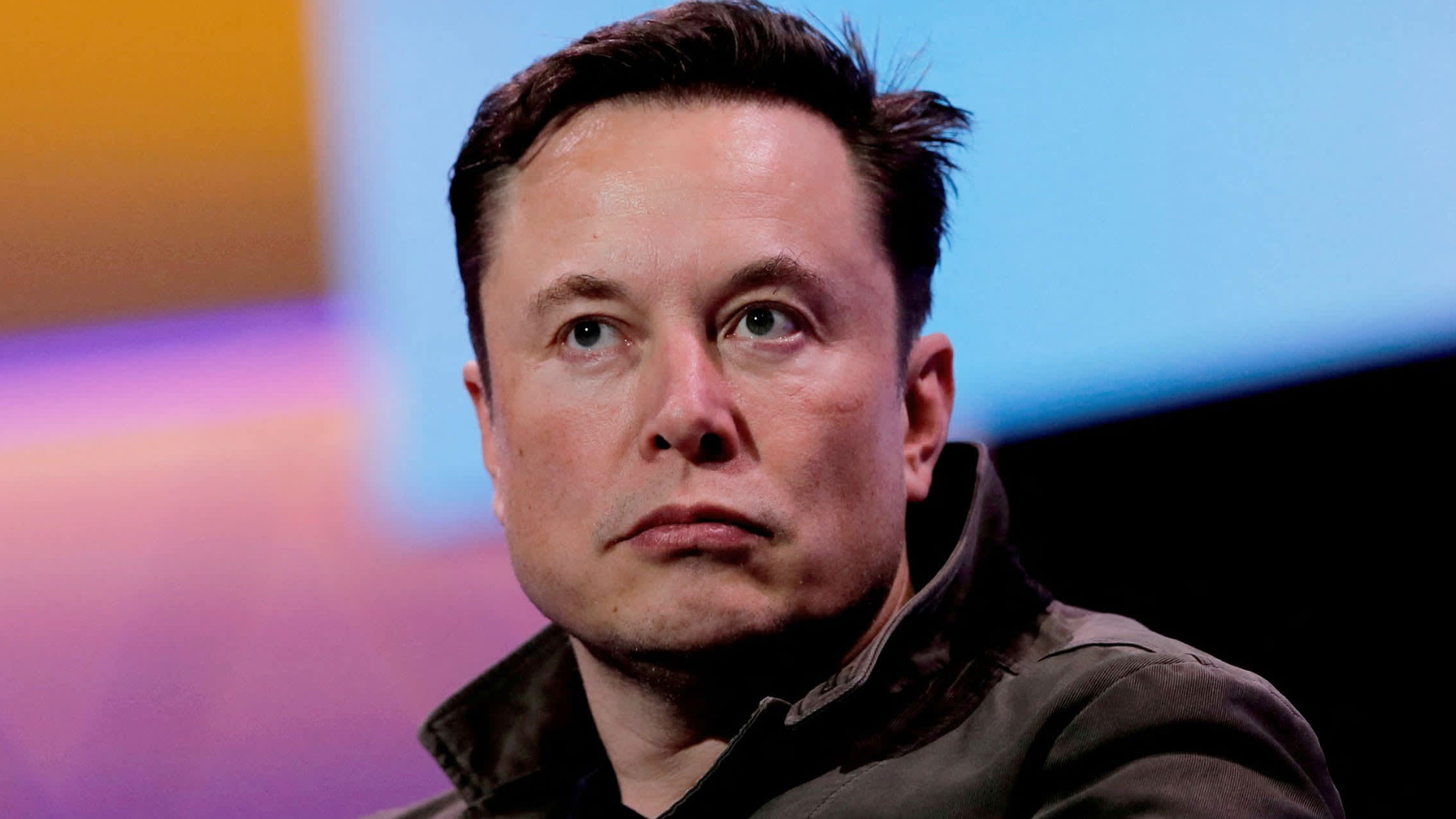Tesla Inc. CEO Elon Musk is known for his provocative commentary on the internet, which this time sparked debate on X, formerly Twitter. In his satirical take at the inefficiency of government, Musk joked about Congress passing a “Save the Bureaucracy” bill, adding that most legislation achieves results contrary to its stated aim.
His quip fell amid rising concerns over spending by government and legislative actions. Musk humorously suggested the bill mandate that any law passed would have to produce the opposite effect of its intended goal.
Musk Advocates For Legislative Freeze
Last week, Musk expressed his dislike of the current legislative climate and demanded that all new legislation be put on hold until former President Donald Trump takes office for a possible second term. According to Musk, it is better for the government to shut down than to pass questionable legislation. He said government operations could continue without having to pass more laws.
I’d like to propose that Congress pass a “Save the Bureaucracy” bill, based on the premise that any given bill will do the opposite of its name 🤣🤣
— Elon Musk (@elonmusk) December 22, 2024
In what he describes as “a terrible policy” this statement came during the passing of a bitterly fought 118-page measure in Congress, criticized by critics for omitting necessary provisions and failing to meet long-term needs. Indeed, the bill failed to increase the debt ceiling-one of the cornerstones of Trump’s fiscal policy-as it offered temporary extensions to farm bill programs with broad fiscal policies left up for question.
Backlash To The Spending Bill
The spending bill was controversial despite its passage, with critics citing a lack of financial discipline and inconsistency with conservative economic priorities. The original draft had even included a two-year debt ceiling suspension, which lawmakers managed to have removed amid heavy opposition from Republican members. Ultimately, 38 GOP representatives voted against the revised bill, echoing what Trump called excessive government spending.
Musk’s influence did not stop at the digital realm; he was floated as a potential Speaker of the House by Republican lawmakers. This came after the dissatisfaction with the current Speaker, Mike Johnson, over his stance on the spending bill. Senator Rand Paul first floated the name of Musk, which was then supported by representatives such as Marjorie Taylor Greene and Senator Mike Lee.
This is the reflection of growing frustration within the GOP over fiscal policies and leadership. Johnson’s endorsement of the spending bill faced criticism from party members and Trump allies, who claimed that it was at variance with conservative fiscal principles.
While Musk’s suggestion of a “Save the Bureaucracy” bill was clearly satirical, his remarks underscore widespread frustration with legislative inefficiency and government spending. Whether through humor or policy critique, Musk continues to shape the political conversation in unconventional ways, bridging the gap between social media discourse and Capitol Hill.
ALSO READ | Report Reveals Over 3,100 Native American Deaths In US Boarding Schools, Tripling Official Figures

















